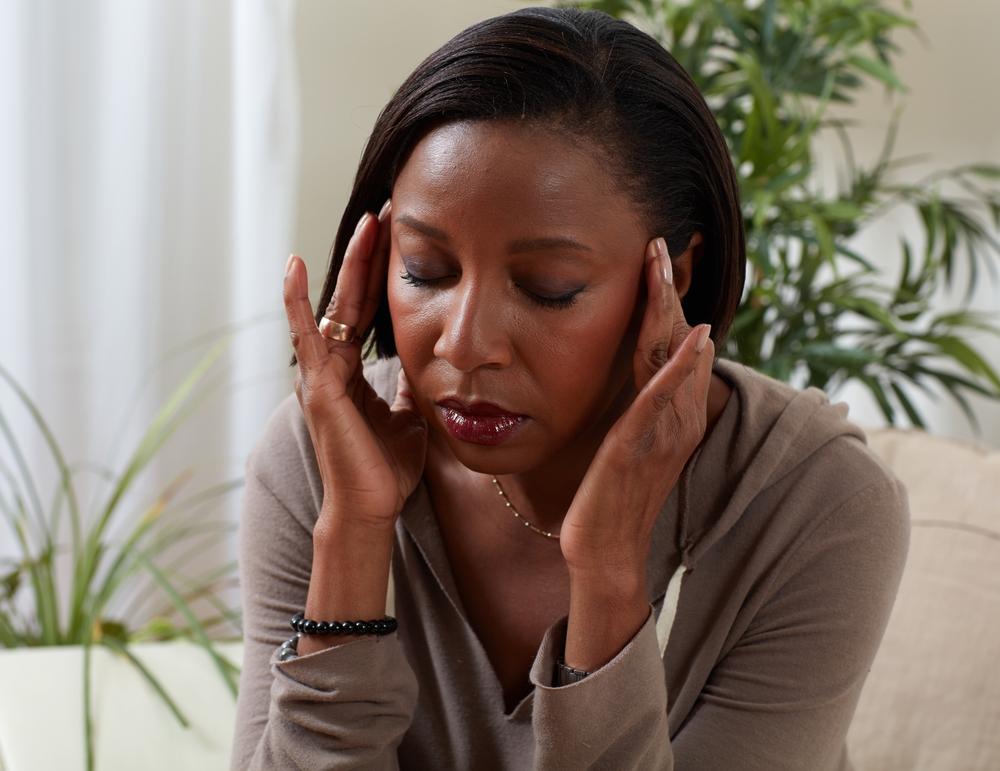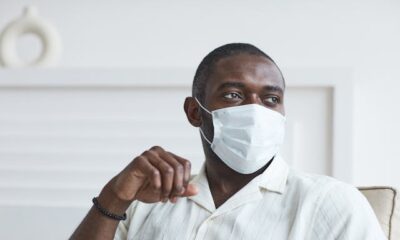Features
Chioma Ehiaguina: Legal Options for You as a Victim of Medical Negligence in Nigeria
Granted that the Nigerian medical sector is largely under-funded but we can do our bit to strengthen this institution by making a move when a grave injustice has been done against us. When people become more aware of their rights and know that they can seek redress for acts of medical negligence by medical practitioners, whom they have entrusted their lives, the medical practitioners will wake up because it is no longer business as usual.
 The attitude of medical personnel at various Nigerian health facilities is worrisome. Often times, people complain about being neglected at the hospital even when in severe conditions. Medical emergency is sadly not our turf as a nation. This shouldn’t be so.
The attitude of medical personnel at various Nigerian health facilities is worrisome. Often times, people complain about being neglected at the hospital even when in severe conditions. Medical emergency is sadly not our turf as a nation. This shouldn’t be so.
What is Medical Negligence?
There are many scenarios of medical negligence in Nigeria. Instances where a person has been wrongly diagnosed of an ailment, been given the wrong medication, has not been properly attended to (with respect to the severity of their ailment, especially in cases of emergency), failure to do anything that reasonably ought to be done – given the circumstances of the patient’s health, suspicion of foul play in the process of treatment, or delay in transferring a patient to a facility better equipped to handle a patient’s condition. All these, and many more instances, could result in medical negligence, especially where the action or inaction of the medical practitioner or institution has had an adverse or negative effect on the patient.
Whenever you, or anyone you know, find yourself in any of the above-named circumstances, there are palliative measures you can legally take:
- When a case of medical negligence occurs, one of the options to seek legal redress available to the victim is to report to the police. Investigations will be carried out by the police and where there is confirmed wrongdoing, a criminal charge is brought against the medical practitioner – who is alleged to have carried out the negligent act that caused grievous harm to the patient. Under this umbrella, the negligent act is seen as a crime against the state. Therefore, the victim, his or her friends, and family members are only witnesses in the criminal trial. Where the practitioner is found guilty, he or she could be sentenced to a jail term or given an option of a fine.
- The second remedy for a victim of medical negligence is to petition the medical practitioner to the Medical and Dental Practitioners Disciplinary Tribunal. This is the disciplinary organ of the Medical and Dental Council of Nigeria. The Disciplinary Tribunal is empowered by virtue of section 15(3) of the Medical and Dental Practitioners Act to investigate the alleged misconduct of a medical practitioner, subpoena persons to give evidence, etc. The Medical and Dental Tribunal has the status of a High Court of the Federal Republic of Nigeria. Depending on the severity of the misconduct and negligence, the penalties include: striking off the practitioner’s name from the relevant register, suspension from practice for a period of time, admonishing the said practitioner.
Note: The two options above have no compensatory benefits for a victim of medical negligence. The victim will only be at peace knowing that they have done well by the society.
- The last action available to the victim is to file a civil suit for medical negligence against the medical practitioner or institution. A civil suit means bringing an action in court, to prove that you are entitled to some monetary compensation (damages) because of the adverse effect of the medical practitioner or facility’s professional irresponsibility.
The victim has to prove that there was a doctor-patient relationship. The victim must specifically state the damages caused. That the harm or injury he/she is suffering is because of the medical practitioner/institution’s negligence and that no medical practitioner with the same level of skill could have caused such damage or harm.
This brings us to some of the challenges victims of medical negligence would usually experience in the process of proving their case before the court. Medical practitioners seldom, or are very reluctant to, testify against their colleagues in court. The victim most definitely will need an expert witness to prove “The Reasonable Man Test”. This test simply means that the testimony of the expert will help the court understand that no reasonable professional would have caused such damage or harm. That the said harm on the victim could only be proof of the practitioner’s negligence.
Another challenge in seeking justice in cases of medical negligence is what I call the Nigerian “leave it for God syndrome”. Nigerians will always hide under this saying, forgetting that if you fight a negligent practitioner and facility, you are relieving the larger society of a possible reoccurrence of the same menace. Apparently, a lot of persons do not avert their minds to the Hippocratic Oath. This oath is taken by medical practitioners at their induction, and it specifies the principles of beneficence and non-maleficence. Part of the oath states “to do no harm and to leave surgery to surgeons”, which, by implication, means not to dabble with an area where you are not competent and to perform your duty by all reasonable ethical assessment/standard in the most commendable manner.
The final challenge in seeking for redress in medical negligence, especially if you want to go the civil route (because a criminal action can be instituted at any time and still be successful if there is enough evidence to substantiate the crime) and get compensation (damages) for the harm done to you, is that there is a time limit for you to institute your action. You have 3 years from when the negligent act was done, or when you discovered the damage the negligent act has caused, as the case may be.
Finally, we cannot always blame the government for all our woes. Granted that the Nigerian medical sector is largely underfunded but we can do our bit to strengthen this institution by making a move when a grave injustice has been done against us. When people become more aware of their rights and know that they can seek redress for acts of medical negligence by medical practitioners, whom they have entrusted their lives, the medical practitioners will wake up because it is no longer business as usual.




















